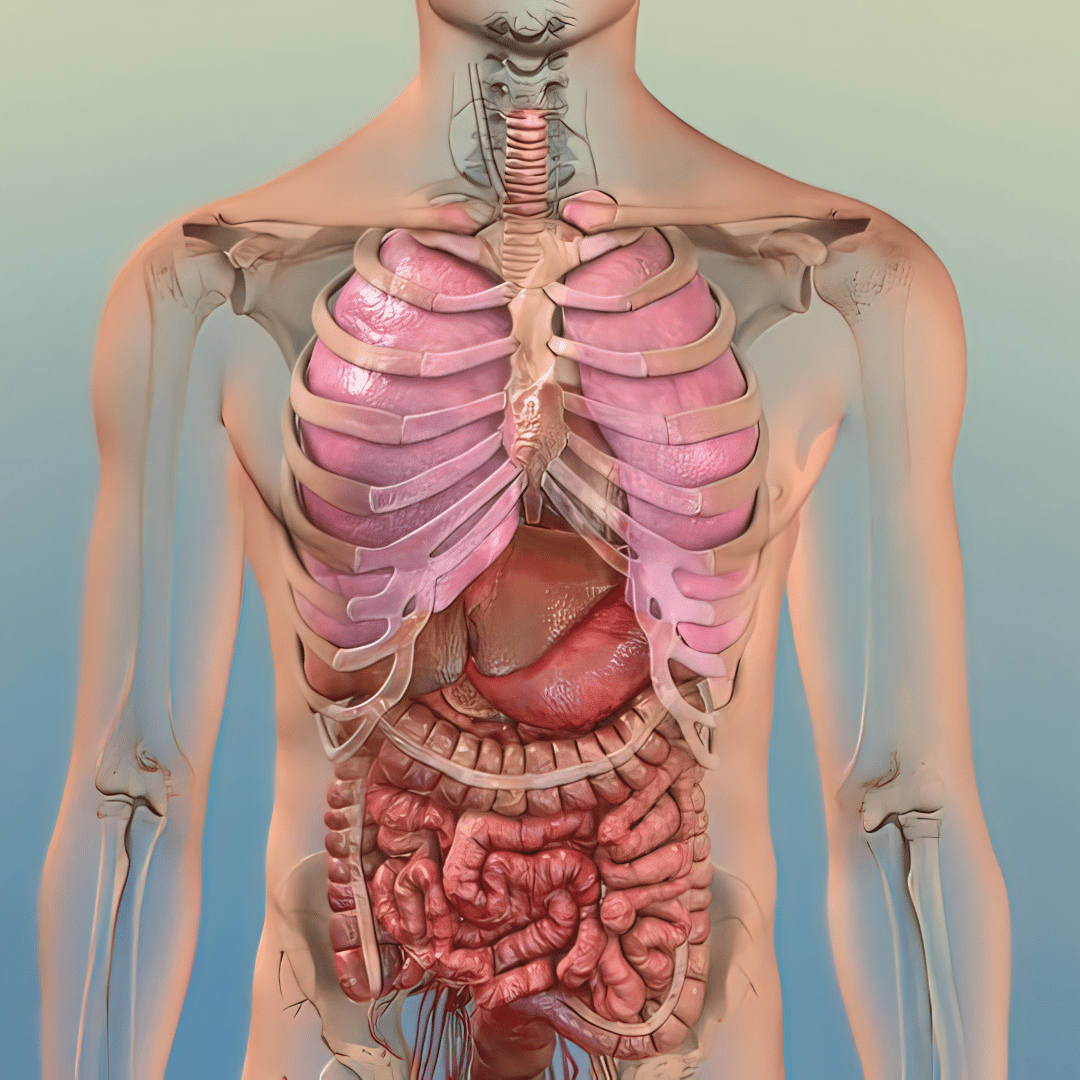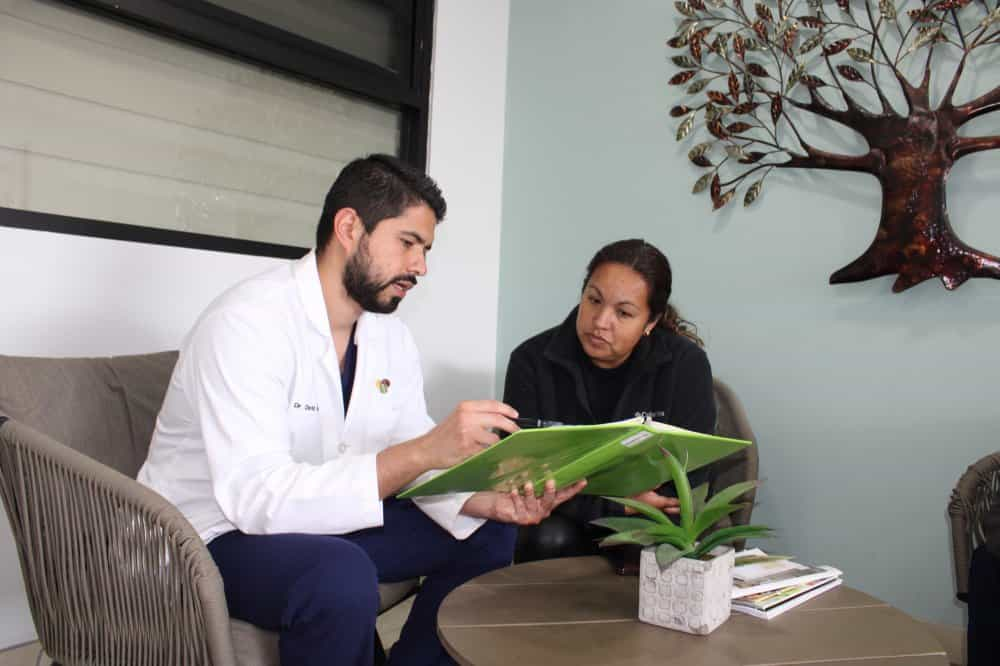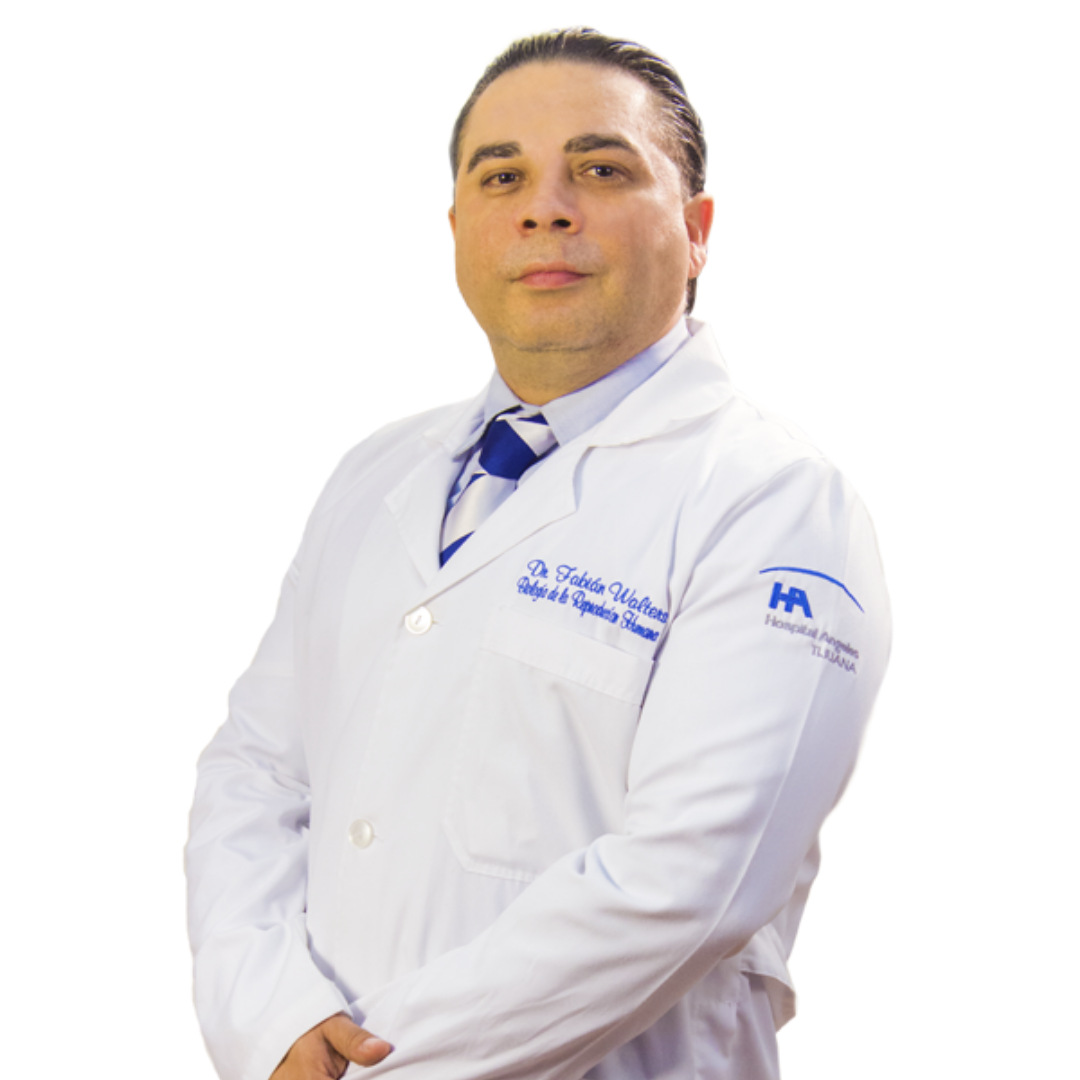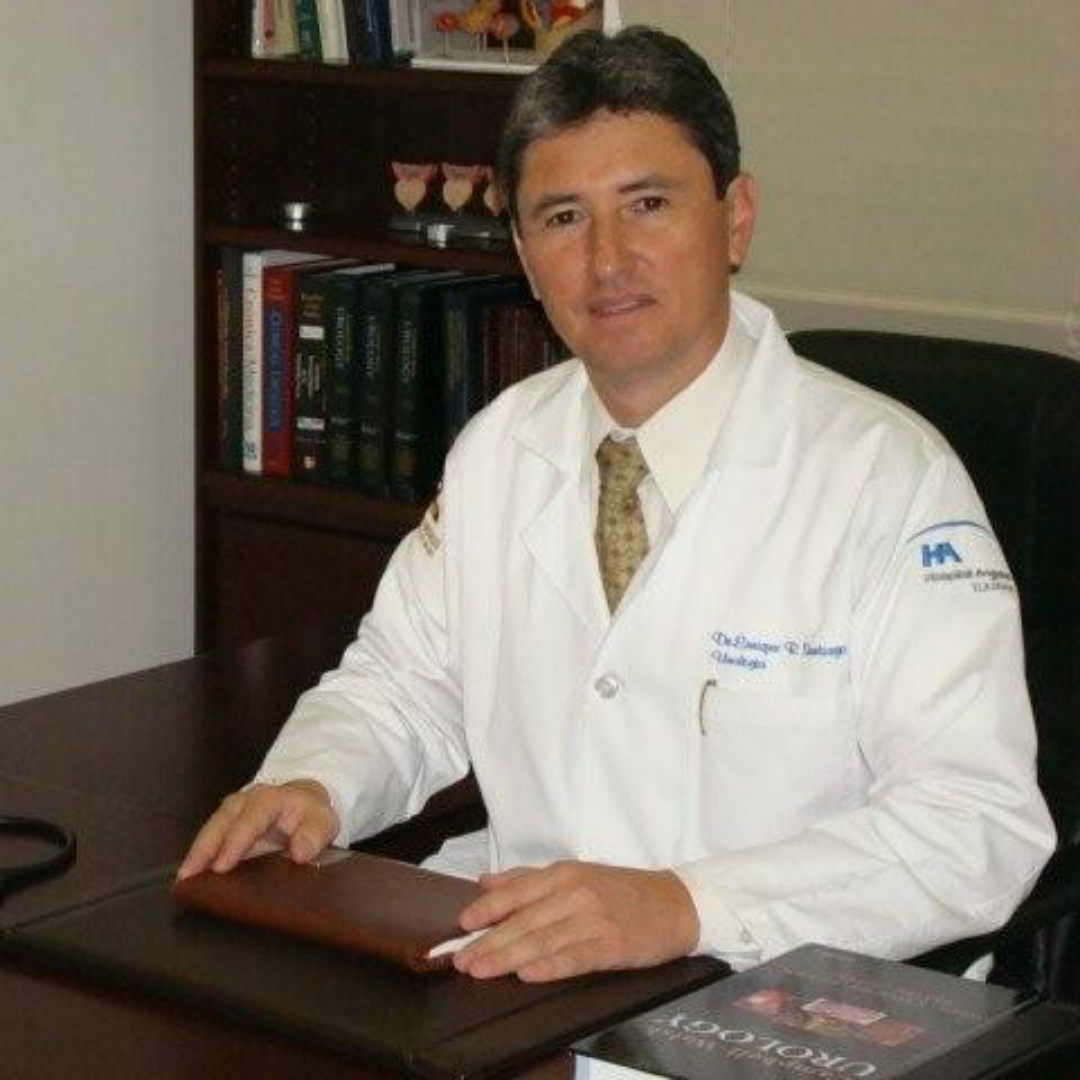
Finding the Right Cancer Treatment and Professional: What to Look For?
Cancer treatments vary in potential, extent, price, and effect and it is extremely important to come to the right conclusion when determining the right hospital, doctor, and treatment for a patient. The diagnosis plays the major part in this process, but it is eventually the patient’s own research and intuition which finalizes the operation. The right choice is a process of multiple layers and stages and consulting a professional or carrying out an extensive research never hurts anyone.
Before reaching a decision, a patient should consider a number of issues, such as which type of doctor to consult, the level of intimacy and comfort with the professional, the doctor’s history of expertise and experience, the type of cancer treatment center the doctor works at and the history of clinical trials at the facility, and the psychological, technical and physical capabilities of the facility. After these steps have been completed, the patient is supposed to evaluate his/her possibilities to begin searching for the right doctor in the right field of expertise.
The difference between a surgical and a medical oncologist
Among the options are Medical Oncologists, Surgical Oncologists, Radiation Oncologists and Radiologists who all work towards the common goal of diagnosing the patient with the right diagnosis and providing the right pathway to the ultimate treatment method. The medical oncologist is the expert one who will treat cancer by planning, directing and coordinating the treatment with other professionals. The surgical oncologist is the professional with a specialized training in cancer treatment who can carry out biopsies and remove tumors and cancerous tissue. The radiation oncologist will provide the best radiation therapy for the patient and the radiologist will provide the best services with the x-rays and imaging procedures. Only the optimal combination of these professionals and their medical capabilities will result in the right treatment for the patient, which is why there should be special consideraton when choosing which individuals to work with.
The choice of the doctor is equally important because the diagnosis and the treatment should follow a trend. Once the type of the cancer is known and the type of the doctor to be consulted is established, one should also find a doctor to work with, choosing the person from possible two or three options. Consulting the health insurance company is a good start because it is essential to work with a doctor who is approved and financed by your insurance company. The next step is to get a list of possible professionals from the facility where the treatment is to be done and match them with the insurance company’s list of approved individuals. In the meantime, consulting family members or close friends who have had experiences with cancer before is also a good step forward, because such information will give certain details about how to conduct your inquiry and which doctors you should/shouldn't take into consideration. Online resources can also be utilized in this end.
The insurance company, an important factor
Similarly, the first thing to do, when deciding upon a hospital or a facility to receive the treatment in, is to consult your insurance company to receive a list of approved hospitals, clinics, and facilities. The facility’s history and experience with the specific type of treatment you are looking for are essential in contributing to your final decision, especially in the case of rare symptoms of rare types of cancer. The doctors’ advice and suggestions are equally important in this process as they provide a professional perspective on the issue. Your preferred doctor should also be able to operate in the hospital. Again, national databases and online services should be utilized to make the most optimal decision and therefore find the most suitable facility.
Doctor-hospital compatibility
The doctor-hospital compatibility is as important as the patient-doctor relations, so the best way to handle the issues of such nature would be to both consult the doctor and the hospital. Some hospitals prefer to work with their own professionals and refuse to bring in other professionals into their facilities and therefore they might suggest different candidates for you. Similarly, some doctors prefer to work with only specific hospitals, clinics, and facilities and therefore one should double check on the availability of these individuals in the selected facility and make sure that the medical insurance covers the expenses associated with both. The best cancer treatment is the one which is provided by the most experienced and informed doctor, accompanied by a reliable and trustworthy team of professionals in a setting where all the medical, physical and technical capabilities are present.
Make sure to pay attention to these details when deciding upon the type of treatment to receive, professionals to work with and the facility to receive the treatment in. Please let us help you over here at Placid Way with your search and make sure that your time, effort and money are all well spent and you receive the most appropriate, effective and affordable package.


.png)

















